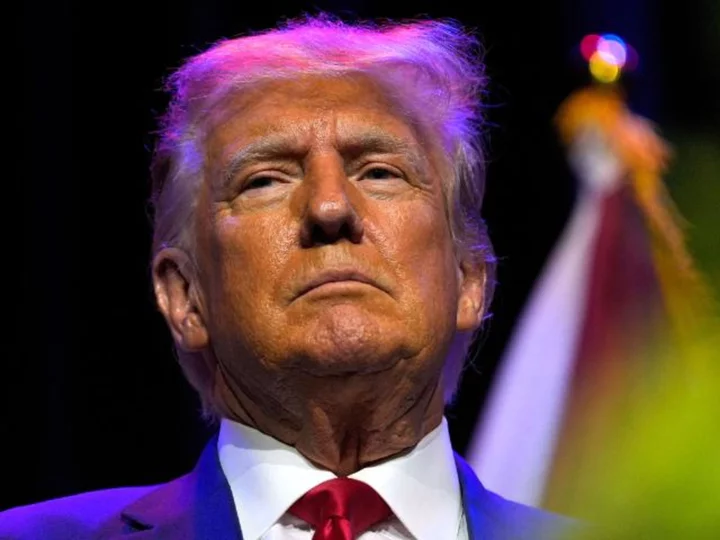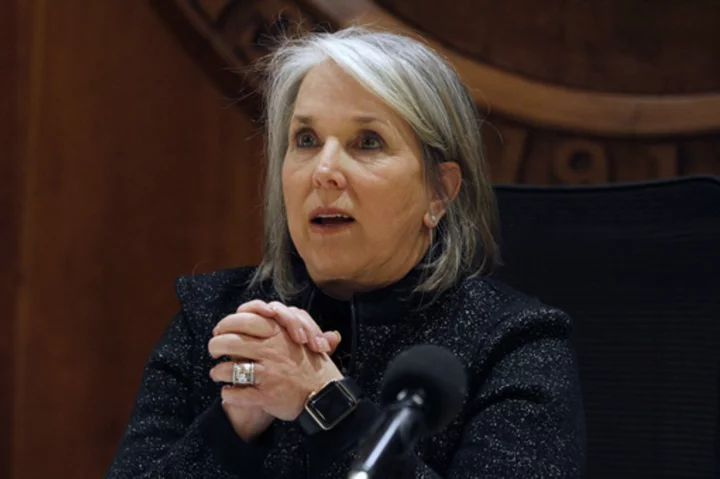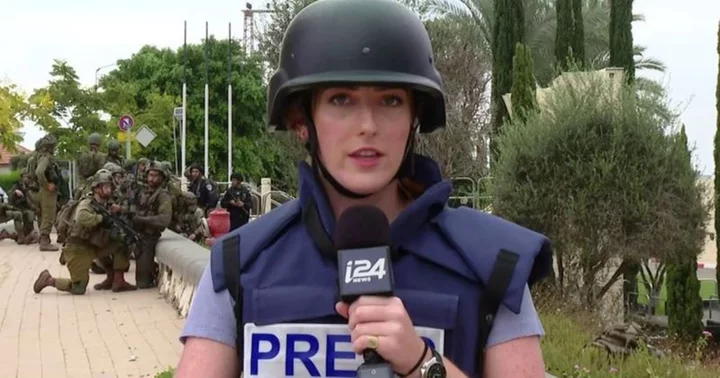The special counsel investigation into Donald Trump secured a search warrant of the former president's Twitter account, @realDonaldTrump, according to a newly unsealed court filing.
The search was so secret that Twitter was barred from telling Trump the search warrant had been obtained for his account, and the company, now known as "X," was fined $350,000 because it delayed producing the records sought under the search warrant.
The search warrant special counsel Jack Smith obtained sought "data and records related" to Trump's account.
The special counsel's office, which is now working on the criminal case against Trump in DC District Court related to his efforts to overturn the 2020 presidential election, sought the warrant in January 2023.
Twitter ultimately produced the records, according to the filing, now public in the US Circuit Court of Appeals.
Court was worried Trump would 'flee from prosecution'
Twitter and special counsel Jack Smith's office spent several months litigating the question of whether Trump should be told about the search warrant.
The dispute came to light on Wednesday when the DC Circuit Court of Appeals unsealed a decision upholding a district court ruling in favor of prohibiting Twitter from telling Trump.
The district court, according to the DC Circuit's opinion, "found that there were 'reasonable grounds to believe' that disclosing the warrant to former President Trump 'would seriously jeopardize the ongoing investigation' by giving him "an opportunity to destroy evidence, change patterns of behavior, [or] notify confederates."
The district court also concluded the non-disclosure order was necessary because it "found reason to believe that the former President would 'flee from prosecution,'" a footnote says.
"The government later acknowledged, however, that it had 'errantly included flight from prosecution as a predicate' in its application," the footnote said. "The district court did not rely on risk of flight in its ultimate analysis."
The platform -- which rebranded as "X" over the course of its legal dispute with prosecutors -- did not object producing the records Smith sought, but argued that the ban on informing Trump of the search warrant violated the First Amendment and the Stored Communications Act, a law that governs how third party internet platforms can be compelled to turn over user records.
Over the course of litigation, the non-disclosure order was amended to allow Twitter to "notify the former President of the existence and contents of the warrant," but information about the case agent on the investigation was to be withheld.
Prosecutors had changed their posture to allow for some disclosure "because 'additional information' about investigations of the former President [that became] publicly available" after the nondisclosure order was issued," the ruling said.
This story has been updated with additional details.









